In an increasingly interconnected world, international collaboration has become an essential tool for addressing global challenges. The GreenVET4U project is a clear example of how transnational alliances can drive a sustainable future. This innovative project, which brings together partners from Uganda and three European countries (Spain, Germany, and Italy), aims to strengthen Vocational Education and Training (VET) in Uganda, adapting it to the demands of the labor market in the field of green jobs.
Joining Forces for Change
The GreenVET4U project stands out for its collaborative approach, integrating the experience and knowledge of different cultures and contexts. One of the great advantages of this international collaboration is the exchange of knowledge and best practices. This bidirectional exchange enriches the project, ensuring that the solutions developed are both innovative and relevant to the Ugandan context.
Aligning with Global Visions and Agendas
The GreenVET4U project aligns perfectly with Uganda Vision 2040, which aims to transform the country into a modern and prosperous society. By improving vocational education and promoting green jobs, the project contributes to Uganda’s sustainable development goals, facilitating inclusive and sustainable economic development. Additionally, this effort is in line with the United Nations’ 2030 Sustainable Development Goals (SDGs), particularly the goals of quality education (SDG 4), decent work and economic growth (SDG 8), and climate action (SDG 13).
Looking to the Future
The impact of the GreenVET4U project extends beyond its three-year implementation period. The established collaboration network and the innovative methodologies developed will continue to benefit VET in Uganda long after the project has concluded. Furthermore, the lessons learned and best practices can be replicated in other contexts, both in Africa and in other regions of the world.


